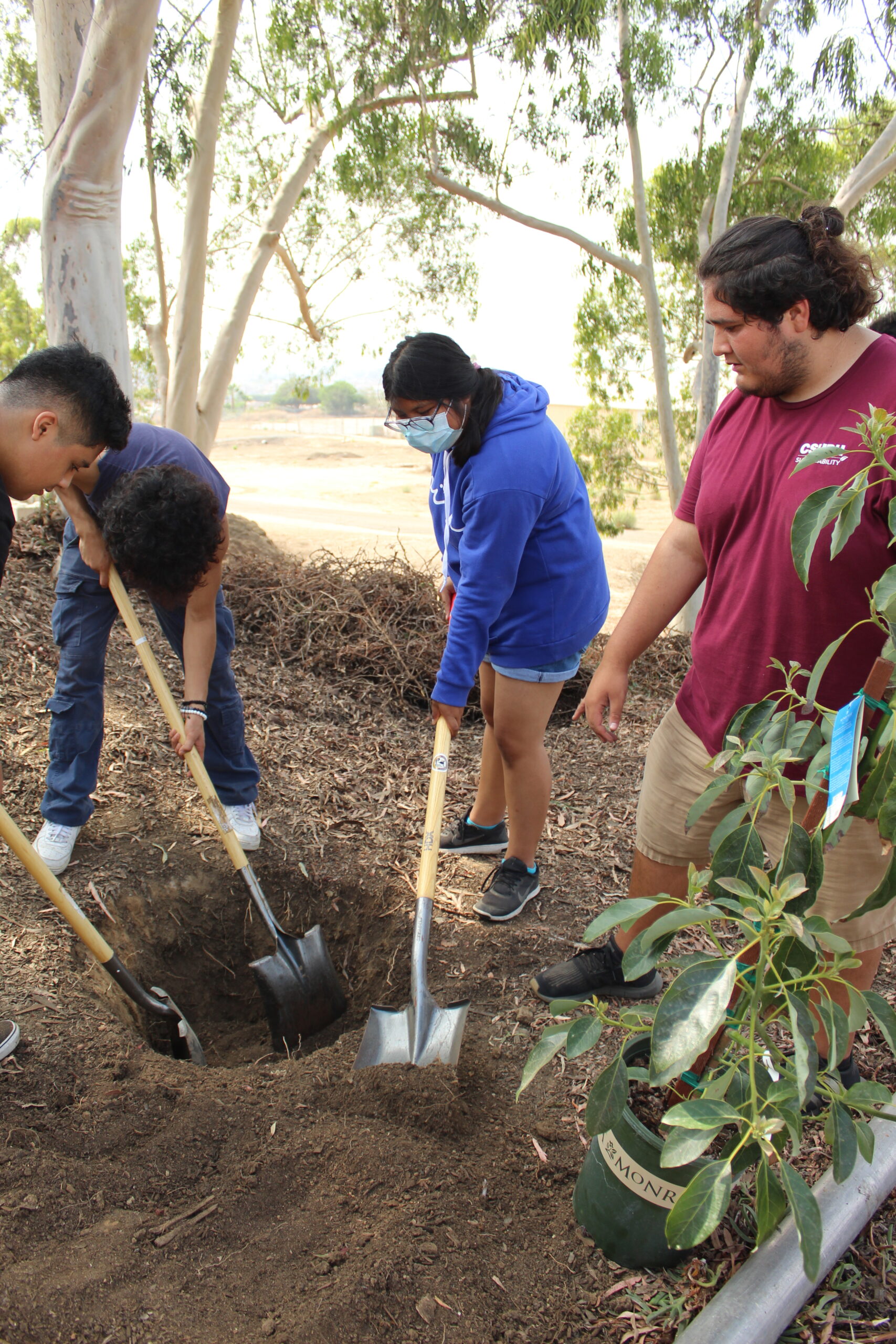While the campus is mostly silent, there has been much conversation over the summer. Photo by Iracema Navarro.
By Iracema Navarro, Political Editor
With the signing of AB 1460 by Gov. Newsom on Aug.17, an ethnic studies course is officially a requirement for CSU students graduating in the 2024-25 academic year.
But the signing of the bill, which was chosen over a competing plan favored by the California State University Board of Trustees, was just the first step. Now, CSUDH, and all CSU schools, must put plans in place to implement beginning next semester.
More students taking classes to fulfill the requirement means more classes must be introduced, and more faculty to teach them.
But that won’t mean wholesale changes to on-campus curriculum,, as every CSU but California Maritime Academy already offers courses in one of the four areas focused on by the bill: classes about some aspect of the Black, Asian American, Latinx or Native American experience.
CSUDH currently offers 37 courses in Africana Studies, 21 in Asian Pacific Studies, and 21 in Chicana/o Studies, with approximately 36 faculty members teaching those courses.
According to the California State University Chancellor’s Office, the 23 statewide campuses will need approximately $16.5 million each year to provide the ethnic studies courses.
Of that, $13 million is the estimated annual cost for instructional purposes of the number of faculty needed to teach the courses with an average of 30 students per class. $3.5 million will be the annual cost to hire faculty and support staff for the administrative operations in the department.
“Several campuses actually offer degrees in ethnic studies,” author of the bill and Assemblymember Shirley Weber said when she joined KUSI News on Aug. 20. “It will not take a tremendous amount of change, it may take adding more sections of a course.”
Adding means more classes, doesn’t mean tuition will be raised to cover the costs. According to the text from the bill, the new graduation requirement should not increase the universities’ cost once the ethnic studies requirement is implemented.
The demand for ethnic studies on campuses began in the late 1960s. Over the years, individual campuses began offering classes and programs. The College of Ethnic Studies was launched at San Francisco State in 1969 and the first Chicano studies program at Cal State Los Angeles in 1968.
AB1460 was opposed by the CSU Chancellor’s Office, which pitched a more broadened requirement that would have included a social justice component and courses on other groups that have endured oppression, such as Muslims, Jews or the LGBTQ community.
Peter Choi, a senior majoring in film, TV and media, said the implementation of AB1460 will be beneficial to students learning about other cultures.
“Now, whether or not said students will be actively interested in learning about these cultures is up to them, but I am hopeful that they will take away something new with this course.”



